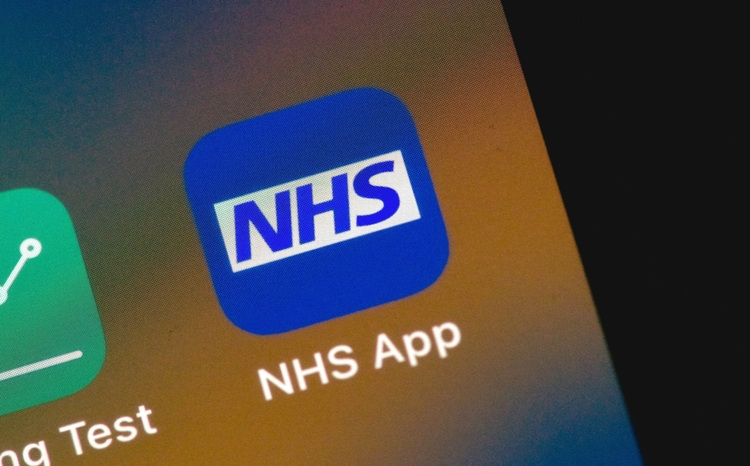GPC concerned over local C+B implementation problems
- 25 April 2006
Local implementation problems could cause practices to miss the next targets for Choose and Book but GPs should not lose out financially, GP representatives are arguing.
The British Medical Association’s General Practitioner Committee says practices should still be entitled to the money available under the directed enhanced service (DES) for choice and booking if technical problems outside their control mean they will not meet the first target of the year, that 25% of referrals be made via Choose and Book in June.
A range of different technical problems were reported at the GPC meeting, in different parts of the country, including the unavailability of appointment slots. The problems have been reported to the Choose and Book national team.
Dr Richard Vautrey, deputy chairman of the British Medical Association’s General Practitioner Committee, said some practices were facing technical difficulties as Choose and Book rolled out but that the GPC would expect them not to be penalised financially.
He added: “The fact that there are local problems needs to be reflected when it comes to payments if practices are ready and willing to use the Choose and Book system.”
The Choose and Book element of the DES allows practices to claim 24p per patient for a commitment to use Choose and Book, a payment that can be retained if 25% of all referrals to first consultant outpatient appointments are made through the Choose and Book system in June.
Dr Vautrey added: “There are also concerns that some PCTs haven’t got the wherewithal and capacity to move towards that target and that they are slowing things down.”
The specification for the DES states that if, by the end of 2006/07, a practice has not been able to implement the programme due to circumstances beyond its control the commitment to award payment to practices would still hold and the practice should receive a pro-rata payment, decided by the PCT, for the work that they have completed.
However it makes no mention of what should happen if the June target is not met except to state that if practices fail to achieve the minimum level, PCOs should initiate arrangements for the repayment of the aspirational funding.
Dr Vautrey said that practices were showing a willingness to help make Choose and Book work and that this should be recognised.
He added: “Where it is working well the positive feedback from patients has been very useful and helpful in encouraging practices to use it.”
Dr Hamish Meldrum, chairman of the GPC said there were still a lot of issues that needed to be resolved on Choose and Book including difficulties in secondary care.
He added: “Choose and Book is actually one of the most complicated things to try to do and I think even those within Connecting for Health would have preferred that Choose and Book wasn’t the first test they had of the system.”
In addition to the first 24p payment practices can earn a further 24p per patient which will be triggered on a sliding scale depending on the percentage of referrals made through Choose and Book between September and the end of February 2007. The maximum payment will be triggered by achieving a 90% of referrals through the system.
Latest figures from Connecting for Health show that an average of 4,000 booking were made daily using Choose and Book at the of March compared to 2,000 daily bookings at the end of January. The DH’s latest target is that 90% of bookings, equivalent to 30,000 bookings a day, are made through the system by March 2007.
The original target for Choose and Book set by the DH was to have the system fully operational by the end of December 2005.




